Performance Management
Corporate organisation, Processes, Performance Management

Checking the direction of our path while walking is better than finding ourselves at the end of the journey only to realize that the destination was wrong.
The analysis of management processes and the assessment of company performance are two interdependent aspects that can mirror one another: if a company is well organised, this will positively impact collective performance, and if collective performance is not satisfactory, the issue could be an inappropriate overall management.
Every day the Human Resources department has to deal with managers and team leaders who are not satisfied with their staff performance assessment system or with the scores they receive. They complain about outdated systems that do not take into account evolving business targets, and claim that assessments are misaligned with goals. Many managers are not trained on these skills and are left to base their decisions only on annual assessment data, so they feel that they lack support and guidance in this crucial aspect of their work. For years the annual performance review has been the primary method used to measure performance and provide feedback to employees. But today we know that this method has significant limitations, because it is insufficient in itself to identify what is working and what is not, to understand if you are working effectively or not.
We will support you in analysing your management processes and the structure of your company, including hierarchies, collaboration between people, strategic objectives and we will discuss your performance management system. If you have not built one yet, we will analyse your organisation and focus on the behaviour to be implemented and developed. If you already have a performance management system in place, we will help you review and update it according to current criteria. Having an effective assessment process is important for two reasons: first, because it lays the foundation for a long-lasting and ongoing relationship between employees, managers, and top management; and secondly because it improves everyone’s performance, making it possible to achieve results.
Performance Management is a structured assessment and development-oriented process that includes the monitoring of performance and a feedback and review system to be deployed throughout the year. The annual assessment of results is not sufficient; it must be a constant and ongoing work. The limitation of annual assessments is that they make people aware only of past behaviour, rather than trying to improve performance during the process. Organisations need agility; so you should build a system that is more aligned with your natural work cycle, one that helps people solve problems in real time, in a setting where managers and employees share a climate of discussion and exchange, and where they obtain a continuous and frequent feedback, not bound to predefined timelines.
Performance should be assessed according to two sets of parameters: quantitative and qualitative parameters. Analysing “what you do” may not suffice; you need to analyse “how you do it”. The added value of a person’s work goes beyond mere numbers. Assessing only the final results is of very little use; the real benefit is to constantly monitor the ways people work. Our Performance Management tool highlights quantitative and qualitative indicators, and analyses performance and how objectives are achieved, which goes well beyond the mere assessment of personal characteristics.
For a more comprehensive intervention, we may integrate activities with a tool called 360° by PerformanSe, which analyses situations more accurately and enhances the feedback process.
With the arrival of Millennials in the world of labour, the time has come for organisations to consider the digital transformation of business models. Assigning goals and priorities, and then activating a continuous monitoring process to reward certain kinds of behaviour or to suggest improvements, will be a useful basis for merit bonus, promotion and internal relocation decisions. This approach will also help building personal development programs which reflect individual ambitions and corporate requirements. Organisations are favoured by more flexibility and efficient layouts, which can also by established with more smart working opportunities; we will help you understand what smart working means, how it is implemented, how it can be controlled, and how to obtain appropriate and useful feedback from your personnel.
We will teach you how to identify the best people to manage smart working projects by evaluating soft skills.
The role of leaders should also be updated by moving from the simple technical management of people to the ability to the development of a growth-oriented culture capable of motivating people and engaging them in the achievement of objectives. Furthermore, engagement evolves over time, depending on the level of empathy existing between employees and their leaders.
Understanding how your position as a leader can affect the performance of the others is key to getting the best results from the people you work with.
"There is nothing permanent except change.”
HERACLITUS
In the press









